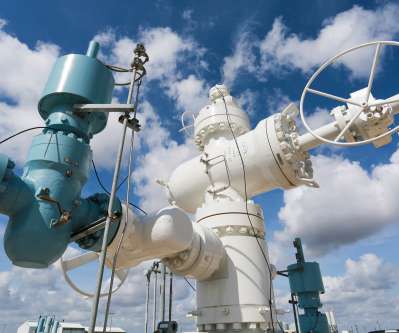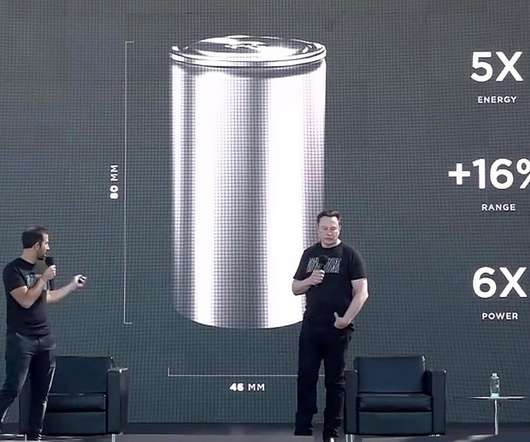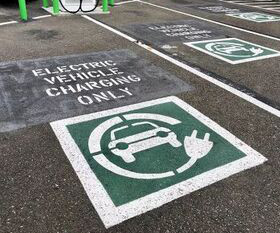New stable water-splitting catalyst doesn’t require expensive iridium
Green Car Congress
OCTOBER 22, 2022
Researchers have developed a nickel-stabilized, ruthenium dioxide (Ni-RuO 2 ) anode catalyst for proton exchange membrane (PEM) water electrolysis. The Ni-RuO 2 catalyst shows high activity and durability in acidic OER for PEM water electrolysis. Illustration by Zhen-Yu Wu. 2 , suggesting potential for practical applications.











































Let's personalize your content